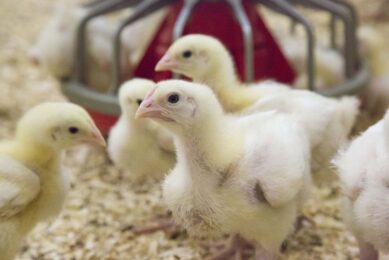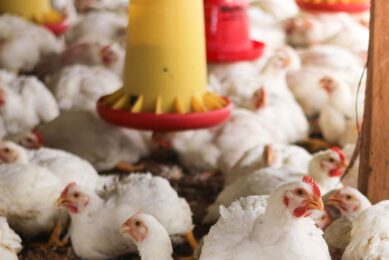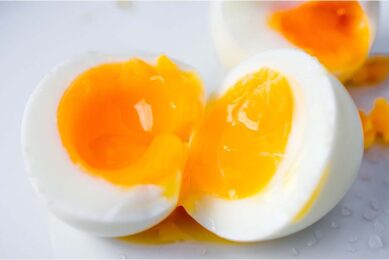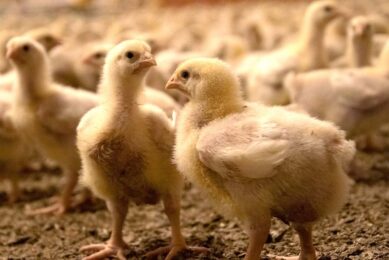Amino acids focus at Adisseo seminar
Adisseo organised the 3rd International Methionine Advancia Seminar in Edinburgh, Scotland, just prior to the 17th European Symposium on Poultry Nutrition – held 24-27 August.
Themed “Adding new horizons to methionine”, the 3rd edition of the Advancia seminar was again a great platform to update animal nutrition experts on the latest amino acid research.
Effect on immune system
Prof. Theo Niewold from Leuven University in Belgium kicked off the meeting by highlighting the potential role of amino acids on immune responses. He stressed that inflammation is the real bad guy in suppressing growth in production animals. Around 30% of the cost for growth can be contributed to that. So the best remedy in keeping a healthy growth curve is controlling and preventing inflammation in the gut, said Niewold. Inflammation again is a response of stress and illness in the animal.
Niewold highlighted some amino acids that have a certain effect on the immune system. Leucine inhibits inflammation and enhances specific immunity, Lysine has an antiviral activity; methionine is claimed to be a homocysteine oxidant and tryptophan is a serotonin neurotransmitter and also inhibits inflammation.
Antioxidant mechanisms
Prof. Jaap Buyse from the same University in Belgium discussed the antioxidant mechanisms of sulphur amino acids and its compounds. He said that in normal situations, organisms/cells are equipped with antioxidant mechanisms to deal with the generation of free radicals. If this situation is out of balance, problems can occur which reflect in decreased animal performance.
Thiols or sulphur containing compounds are powerful antioxidants that can prevent the damage in cells. The amino acids: methionine, S-adenosylmethionine, cysteine, homocysteine, N-acetyl cysteine, glutathione, taurine and lipoic acid are part of this group.
Different methionine sources
Buyse and his colleagues investigated the difference in antioxidant activity of the two forms of methionine that are commercially available (DL-methionine and HMTBA – the methionine analogue) when day old male Ross broiler chicks were fed a suboptimal crude protein diet. The chickens were fed an 18% CP diet or a 23% CP diet. Supplementation was done with DL-methionine or HMTBA at a 0.25% inclusion rate. It was shown that growth depressing was alleviated by HMTBA. It also improved the redox balance as reflected in lower lipid peroxidation.
Poultry meat quality
Cécile Berri from the poultry research unit from INRA in France talked about the use of the amino acid lysine to improve breast yield and decrease fatness. She also compared three diets, each supplemented with either DL-methionine (DLM), a methionine analogue or a mix of the two on meat quality. She found no effect on feed consumption. Daily weight gain and final body weight however was greater for the DLM group. There was no effect on body composition (breast and fat yields). In conclusion, the mix DLM and HMTBA gives a significant impact on the breast characteristics: Ultimate pH, Drip loss and the HMTBA reduces lipid oxidation of the meat.
Other speakers of the seminar included Dr. R. Martin-Venegas, Dr. J. Peng, Prof. A. Corzo, Prof. G. Le, Prof. S. Pierzynowski and A. Harrisson.
Related link:
Join 31,000+ subscribers
Subscribe to our newsletter to stay updated about all the need-to-know content in the poultry sector, three times a week. Beheer
Beheer








 WP Admin
WP Admin  Bewerk bericht
Bewerk bericht